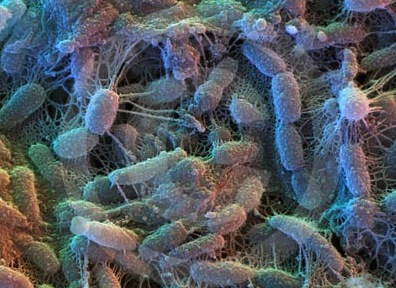Microbiology, Molecular & Cell Biology

The MMCB program in the Department of Biological Sciences focuses on elucidating the physiological and functional properties of cells and organisms at the molecular level. Using multidisciplinary approaches, our faculty dissect the molecular mechanisms that contribute to the survival and development of bacteria, plants, and animals. Research in our Microbiology Program assesses mechanisms of bacterial pathogenesis and bacterial adaptation to environmental alterations, develops new molecular techniques for detecting pathogens, and examines the epidemiology of disease dynamics. Our Molecular Biology and Cell Biology Program focuses on elucidating the signal transduction of neuronal differentiation and degeneration, environmental stress resistance mechanisms of plants and animals, plant development, and cellular processes in marine invertebrates. The program benefits from close association with Peaks of Excellence in Detection and Food Safety as well as in Cell and Molecular Biosciences. In addition, research programs in MMCB benefit from state of the art molecular biology instruments in the Molette Biology Laboratory for Environmental and Climate Change Studies and the Genomics and Sequencing Laboratory, and at the AU Research Instrumentation Facility, which contains various microscopes (electron, confocal and epifluorescent microscopes), and the latest in instrumentation (ABI DNA sequencer, Typhoon, ABI qPCR, and microarray spotter and reader). In summary, the MMCB program offers exciting educational opportunities in using molecular approaches to elucidate a range of biological questions with the latest technology. We encourage highly qualified undergraduate and graduate students interested in understanding the fundamental biological mechanisms that constitute “life” at the molecular level to apply to our program.
|
Molecular Biology & Microbiology
|
Molecular Biology & Cell Biology
|
|
|
|
|
|
|
|
|
|
|
|
